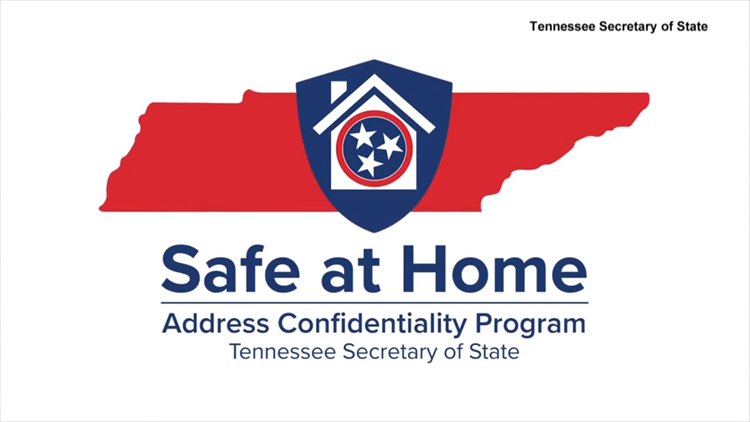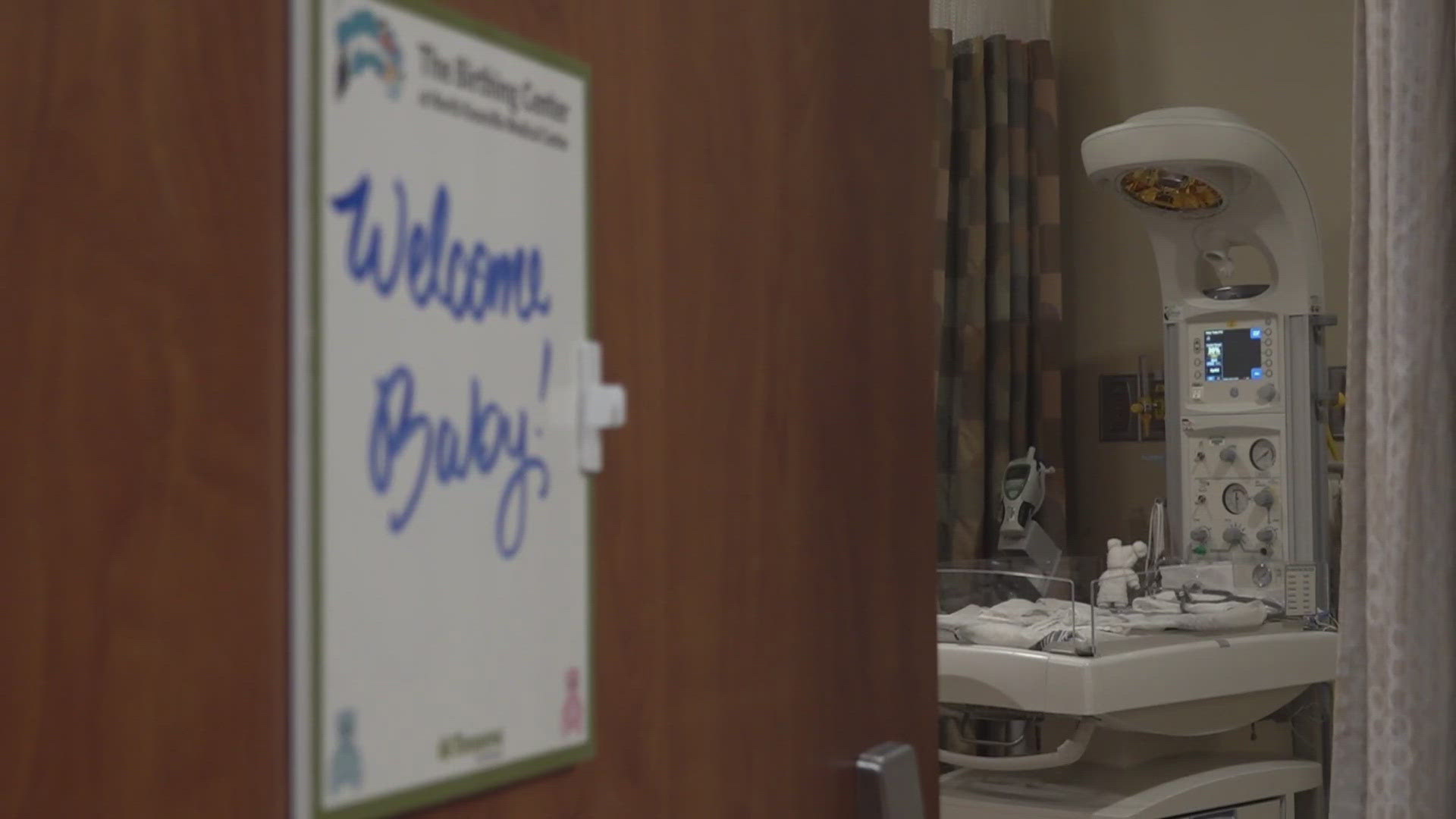TENNESSEE, USA — The Tennessee Secretary of State’s Office launched an initiative to help victims of domestic violence, human trafficking, sexual assault, and stalking. It allows participants to keep their addresses confidential.
“We go through our lives all day, every day, handing out our information multiple times a day, and not even really realizing that we're doing it,” said Program Director, Stacy Scruggs.
Whether you realize it or not, anyone can find out where you live either by looking through public records or by illegally intercepting private mail.
“They can show up where victims are or basically create some more trauma and we really want to prevent that from happening,” said Megan Parks of YW Cares. “That's even your driver's license, that's your utility bills, that's once you enroll your child in school, that information is out there.”
Qualifying participants of the Safe at Home Program will be given a substitute address to prevent abusers from learning sensitive information about victims.
All first-class and certified mail will be forwarded from the substitute address to their confidential one.
“That is very beneficial for victims who are attempting to co-parent with their offenders who may have access to those school records,” says Scruggs.
That confidential address would not appear in public records relating to either themselves or their children.
“Safe at Home allows people to get to a new location to establish a new life and to not have to worry about their offender following them through those government records,” says Scruggs.
Scruggs says more than 300 families have used the program since it started in 2019. In the Tri-Cities, about a dozen families are signed up.
YW Cares is a local agency that can help victims obtain a confidential address.
“We do offer it to every single person that we've worked with. And the program is a little bit over two years old. And that's kind of how long we've been around as well. So, we've been offering it to people as long as we've been here," said Parks.
She also said there are three ways a person can qualify as a victim and use the program. People can show that they were listed as a victim in a court case, or prove they need help with an active Order of Protection.
Participants can also get a notarized letter from a licensed professional, such as a therapist or a social worker, to make them eligible for the program.
Partnering agencies in all 95 Tennessee counties can assist people in applying for the Safe at Home Program. See a list of partnering agencies here.
Resources are also available to victims across East Tennessee, through organizations like the Family Justice Center and The Restoration House. More information about resources for victims can be found here.



